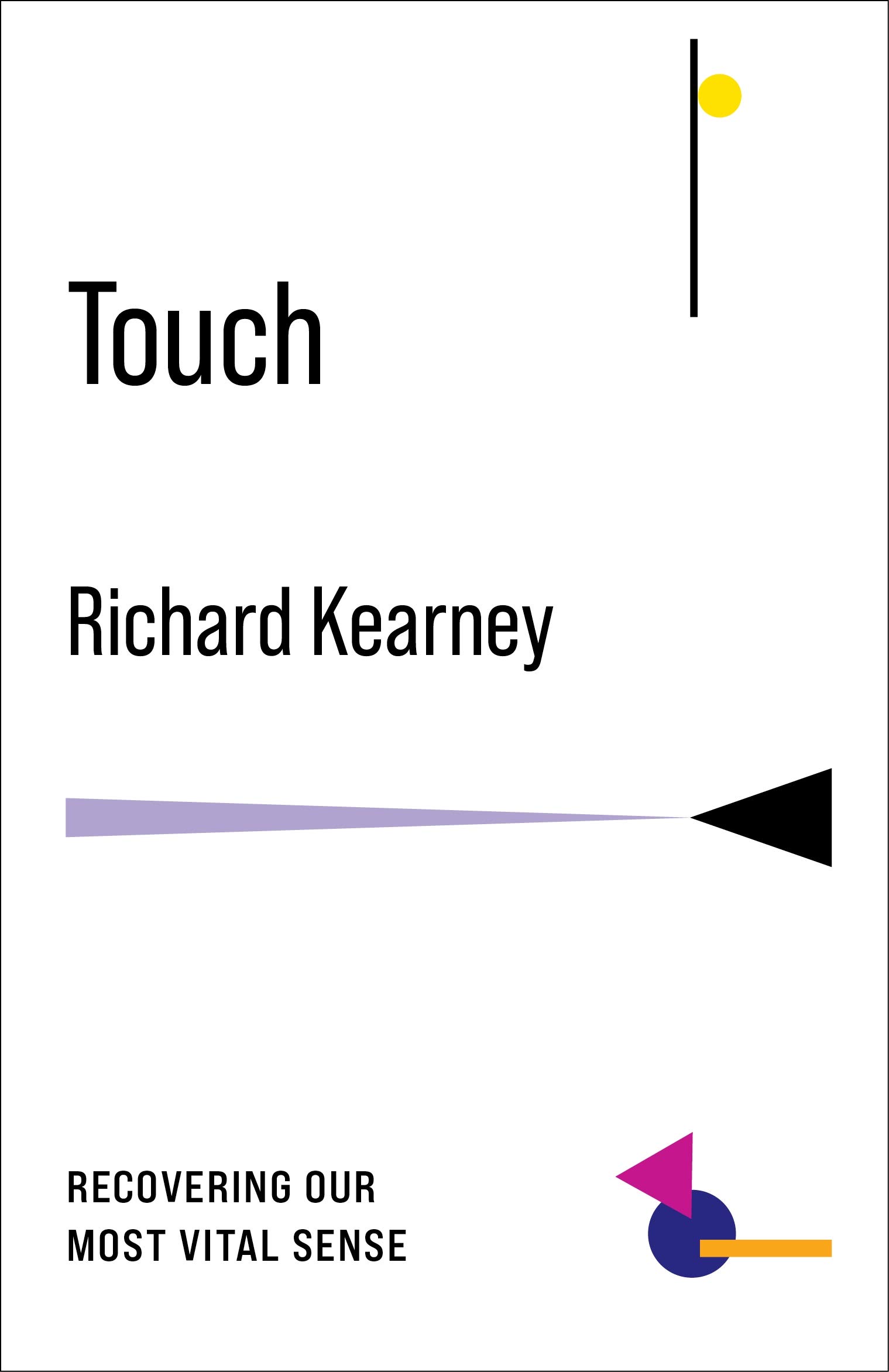

Touch: Recovering Our Most Vital Sense
4.24(34 readers)
Our existence is increasingly lived at a distance. As we move from flesh to image, we are in danger of losing touch with each other and ourselves. How can we combine the physical with the virtual, our embodied experience with our global connectivity? How can we come back to our senses?
Richard Kearney offers a timely call for the cultivation of the basic human need to touch and be touched. He argues that touch is our most primordial sense, foundational to our individual and common selves. Kearney explores the role of touch, from ancient wisdom traditions to modern therapies. He demonstrates that a fundamental aspect of touch is interdependence, its inherently reciprocal nature, which offers a crucial corrective to our fixation with control. Making the case for the complementarity of touch and technology, this book is a passionate plea to recover a tangible sense of community and the joys of life with others.
Richard Kearney offers a timely call for the cultivation of the basic human need to touch and be touched. He argues that touch is our most primordial sense, foundational to our individual and common selves. Kearney explores the role of touch, from ancient wisdom traditions to modern therapies. He demonstrates that a fundamental aspect of touch is interdependence, its inherently reciprocal nature, which offers a crucial corrective to our fixation with control. Making the case for the complementarity of touch and technology, this book is a passionate plea to recover a tangible sense of community and the joys of life with others.
Publisher
Columbia University Press
Publication Date
2/23/2021
ISBN
9780231553179
Pages
203
Categories
About the Author

Richard Kearney
Richard Kearney is the Charles Seelig professor of philosophy at Boston College and has taught at many universities including University College Dublin, the Sorbonne, and the University of Nice.
He studied at Glenstal Abbey under the Benedictines until 1972, and was a 1st Class Honours graduate in Philosophy in the Bachelor of Arts graduate class of 1975 in UCD. He completed an M.A. at McGill University with Canadian philosopher Charles Taylor, and a PhD with Paul Ricœur at University of Paris X: Nanterre. He corresponded with Jean-Paul Sartre, Jacques Derrida and other French philosophers of the era. He was also active in the Irish, British, and French media as a host for various television and radio programs on literary and philosophical themes. His work focuses on the philosophy of the narrative imagination, hermeneutics and phenomenology.
He studied at Glenstal Abbey under the Benedictines until 1972, and was a 1st Class Honours graduate in Philosophy in the Bachelor of Arts graduate class of 1975 in UCD. He completed an M.A. at McGill University with Canadian philosopher Charles Taylor, and a PhD with Paul Ricœur at University of Paris X: Nanterre. He corresponded with Jean-Paul Sartre, Jacques Derrida and other French philosophers of the era. He was also active in the Irish, British, and French media as a host for various television and radio programs on literary and philosophical themes. His work focuses on the philosophy of the narrative imagination, hermeneutics and phenomenology.
Questions & Answers
Reader Reviews
Loading comments...